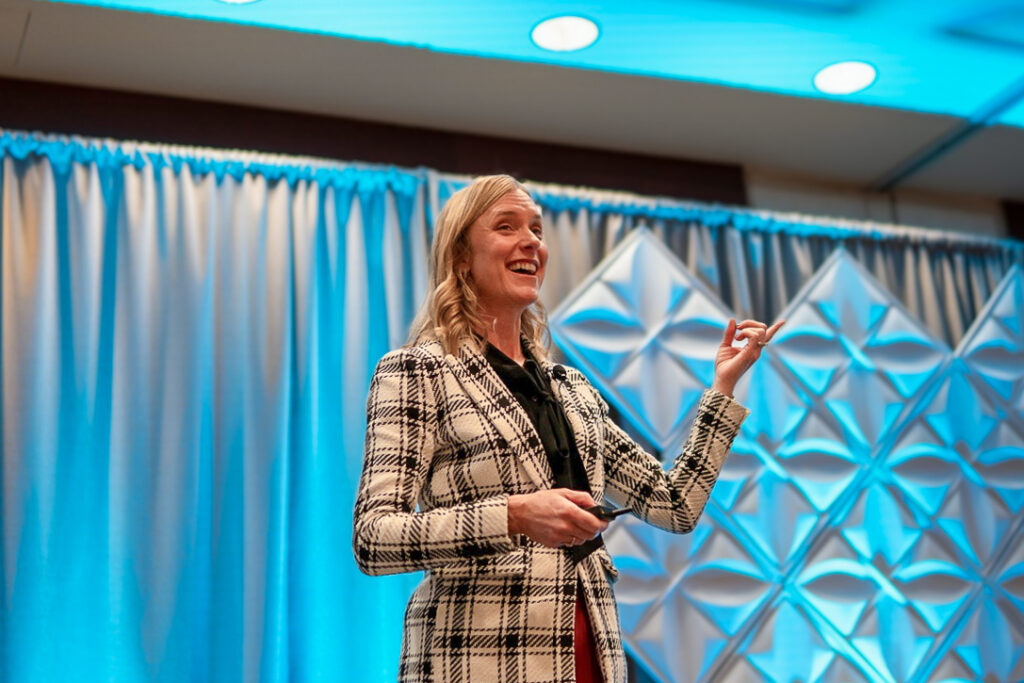Uptown Coffee Company to open second location at NewBo City Market
CBJ News Staff

Megan Hammes of Hammes Homestead and Consulting leads a Mental Health First Aid training course. CREDIT MEGAN HAMMES
Megan Hammes says prevention is key when it comes to health and wellness — and if people can take precautions to avoid illness and harm to the body, the same precautions should apply to mental health, as well.
Ms. Hammes is the owner and founder of Hammes Homestead and Consulting, a company that conducts mental health awareness training for businesses.
“There’s…

Get immediate, unlimited access to all subscriber content and much more.
Learn more in our subscriber FAQ.
Do you want to read and share this article without a paywall?
